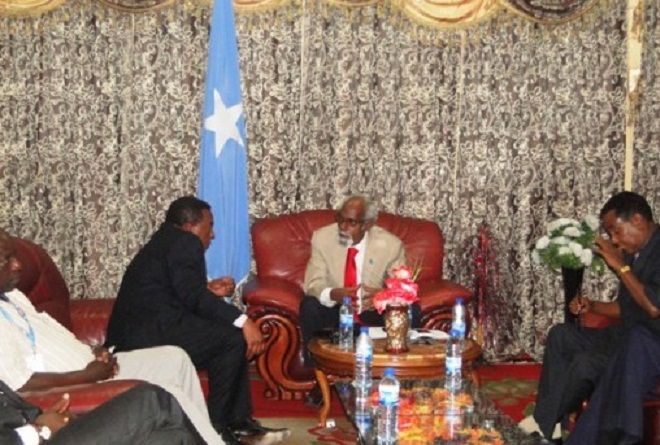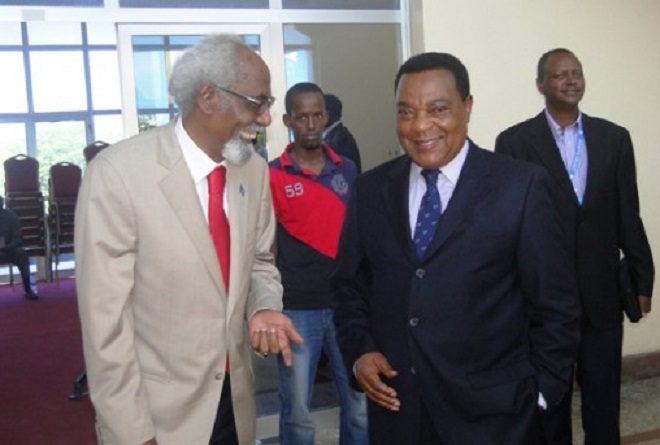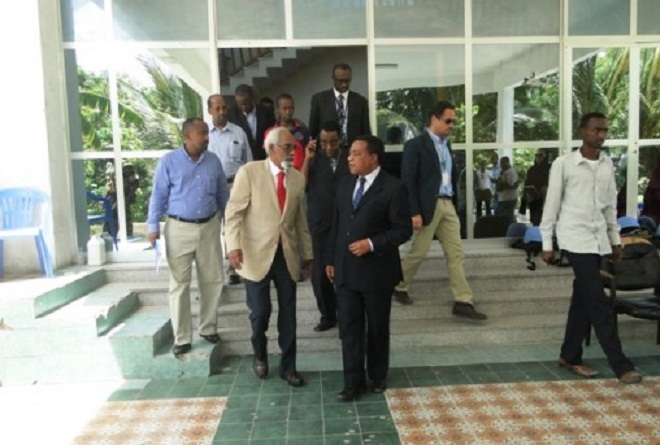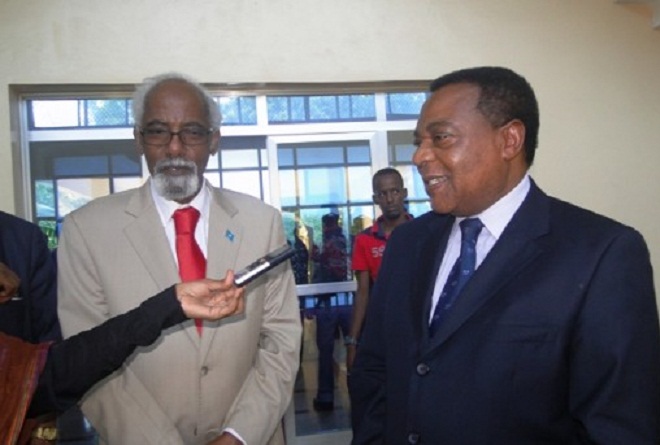30 May 2013
The cause and effect debate
As the dispute between the Federal Government of Somalia (FGS) and the self-declared Jubaland Regional State (JRS) intensified, the national debate reverberated with matching intensity.
Pro-Jubaland politicians and media traced the source of the impasse to the ambitions of an overbearing central government attempting to overrule the outcomes of a legitimate and indigenous political process – whose start preceded the current Federal Government – and painted the President of the Somali Federal Government, Hassan Sheikh Mohamud, as a ‘sectarian’ leader wearing national robes. The constitutional ‘expertise’ of President Faroole of Puntland was sought to corroborate this claim. Faroole did not disappoint. He hastily organized a Press conference and, brandishing a hardcopy of the Federal Constitution, accused the Federal Government of tampering with key articles of the Constitution; found it guilty; and passed a judgment, without waiting for the defendant to respond. This narrative continued: Kenya is not the problem; the problem is domestic.
Anti-Jubaland politicians and media gave a different account. The impasse over Kismaayo is the result of a political battle between a national government trying to reassert its authority and a foreign-sponsored militia seeking a Bantustan state in the southern peripheries of Somalia. The long-standing political desire of a “footloose clan” must not be allowed to derail the reconstitution of the Somali State. The recent Kismaayo problem is a mere continuation of two-decades-old foreign meddling by neighbouring countries. There can be no Somalia State, if regional powers do not stop interfering in its internal affairs. The President and his advisors pushed this narrative. Mohamud M. Ulusow – an otherwise respected political commentator – was called in for lasting shimmer. Ulusow firmly located the problem at the doorsteps of IGAD, and with that, the externalization of Somalia’s ailment was completed.
Sidetracks
The distracting sidetracks also continued in other fronts. The problem was traced to constitutional ambiguity. The Constitution does not say “two or more regional administrations can form a regional state”; it says “two or more regions can form a regional state,” some argued. Others disagreed.
Solutions were tendered through proposals of statutory amendments. The fact that even if the Parliament clarifies how regional states are to be formed, and even if governors are nominated by the Federal Government, these processes will only transfer the conflict from the regions to the stage of the parliament, as long as there are simmering and open clan and sub-clan mistrusts, is missed. The problem of some clans claiming to have been excluded will continue whatever the design of the process, because different sides would want to impose their preferred governors.
Read more Somalia- Crisis of Command














